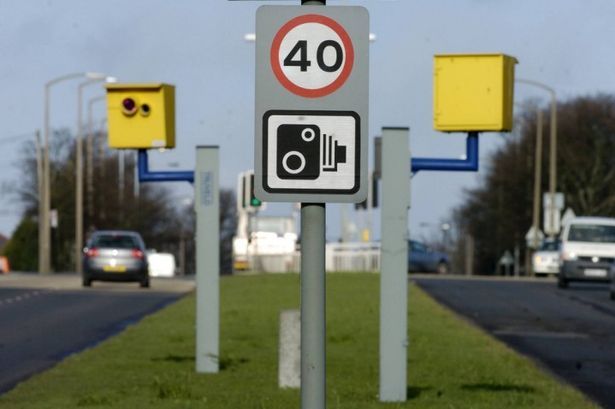Speeding - What do the Prosecution Need to Prove?
The question people regularly ask is “how do I get away with speeding”. The question they should be asking is what do the Police or Prosecution have to prove in order for me to be convicted of speeding?

The offence of speeding is much more complex than people generally think. The process is extremely stream-lined. The camera captures what is alleged to be a vehicle travelling at excess speed and a notice of intended prosecution is sent to the registered keeper. Ordinarily, this is received, the driver nominates themselves (or the person who was driving) and a Conditional Penalty Offer is generated. This involves the payment of £100 and the acceptance of 3 penalty points, or a speed awareness course.
However, quite often, people may be missing out on being acquitted altogether of speeding. There are a number of things that can be explored even at this stage.
First Steps
The first question is whether or not the request for driver details has been sent within 14 days, if it hasn’t then no action can be taken against the driver. This is a firm requirement in Section 1 of the Road Traffic Offenders Act 1988.
It is essential that the request for driver details is responded to, a failure to do so is a breach of Section 172 of the Road Traffic Act 1988 and can result in the imposition of six penalty points.
It is from here that matters become much more complicated and legal representation can be of a great deal of assistance. Rhys is regularly instructed after drivers have received a request for driver details and raises technical queries which often result in the proceedings being discontinued.
The following are some regular examples
Was there sufficient signage?
This is quite a specific question to the particular offence that is alleged to have been committed. There is a requirement, for certain speed limits, that there be both entry and exit signs as well as repeaters placed at an appropriate interval (normally 200m) on the piece of road. If this has not been done – or more importantly if the prosecution cannot prove it has been done – then there will be no conviction.
Was the device working?
This is an area where expert evidence may sometimes be required in order to establish whether the device was correctly calibrated, but also whether the base-line measurement was correctly calculated and input. Rhys works closely with a number of road traffic experts who can explore this issue.
Was the order legally in place?
Just because there’s a speed limit, doesn’t necessarily mean it was lawfully imposed or that the proper Traffic Order has been relied upon. This can often result in acquittals.
So What should you do if you’re thinking about challenging a speeding offence?
As set out previously, it is essential that the recipient of the request for driver details provides them otherwise a further offence is committed. However, through the use of expert legal representation, correspondence can be drafted to explore some of the issues highlighted in this article to try and dissuade the police from prosecution.
In the event a Conditional Penalty Offer is not accepted, a Single Justice Procedure process is issued and a requisition is completed. This means the offence is charged, for the majority of motoring offences this must be charged within six months otherwise they cannot be proceeded with.
The Trial Process
This then commences the trial process during which, with the help of legal representation, challenges can be made as to whether the prosecution can prove their case and to seek key disclosure which will undermine the case against a driver.
Fill in the Below to Contact Rhys and to obtain legal advice










